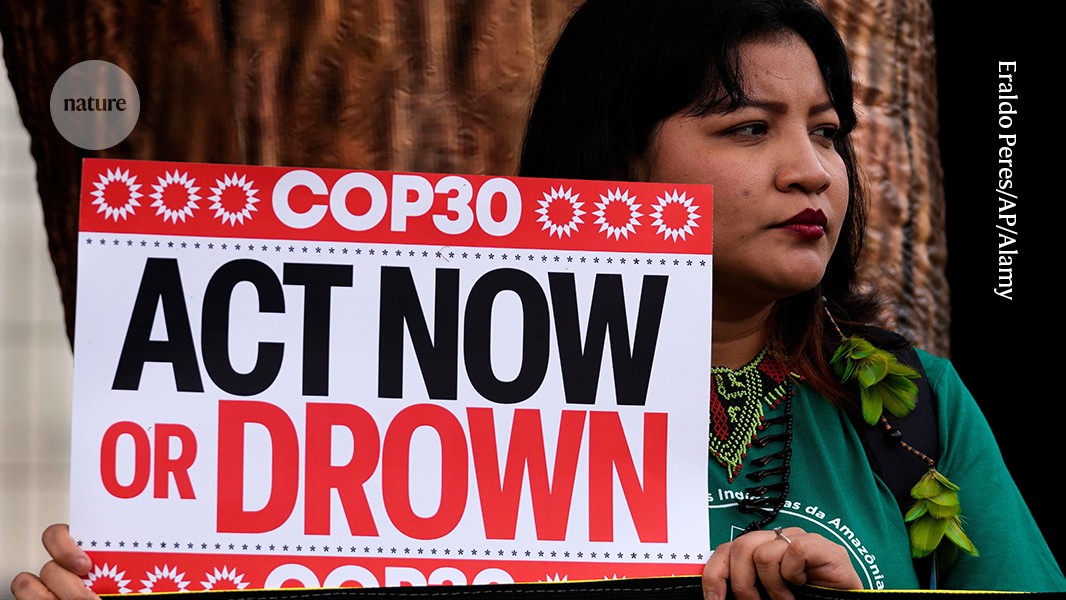
"It's been ten years since Laurent Fabius, then the foreign minister of France, gavelled the United Nations 21st conference of the parties on climate change (COP21), bringing the 2015 Paris climate agreement into existence. It is an imperfect pact, not least because the initial commitments it enshrined were woefully inadequate. But it set an important goal: to avert planetary-scale ecological, economic and social disruptions by reining in greenhouse-gas emissions and limiting global warming to 2 °C - and, ideally, 1.5 °C - above preindustrial levels."
"Just last month, Derek Manzello, a researcher at the US National Oceanic and Atmospheric Administration, and his colleagues reported that an unprecedented marine heatwave in 2023 drove a pair of iconic corals that have served as primary reef builders off the coast of Florida for the past 10,000 years to " functional extinction" ( D. P. Manzello et al. Science 390, 361-366; 2025)."
Delegates at COP30 in Belém, Brazil must accelerate commitments to build a low-carbon economy to avoid planetary-scale disruptions. The 2015 Paris Agreement set goals to limit warming to 2°C, ideally 1.5°C, but initial national pledges were inadequate. Since 2015 global greenhouse-gas emissions have risen about 10%, peaking at roughly 53 billion tonnes of CO2, while average temperatures and extreme events have increased. Recent impacts include unprecedented marine heatwaves driving key reef-building corals to functional extinction and a warming-linked rise in the likelihood of major storms. Immediate, strengthened mitigation and rapid decarbonization are required.
Read at Nature
Unable to calculate read time
Collection
[
|
...
]